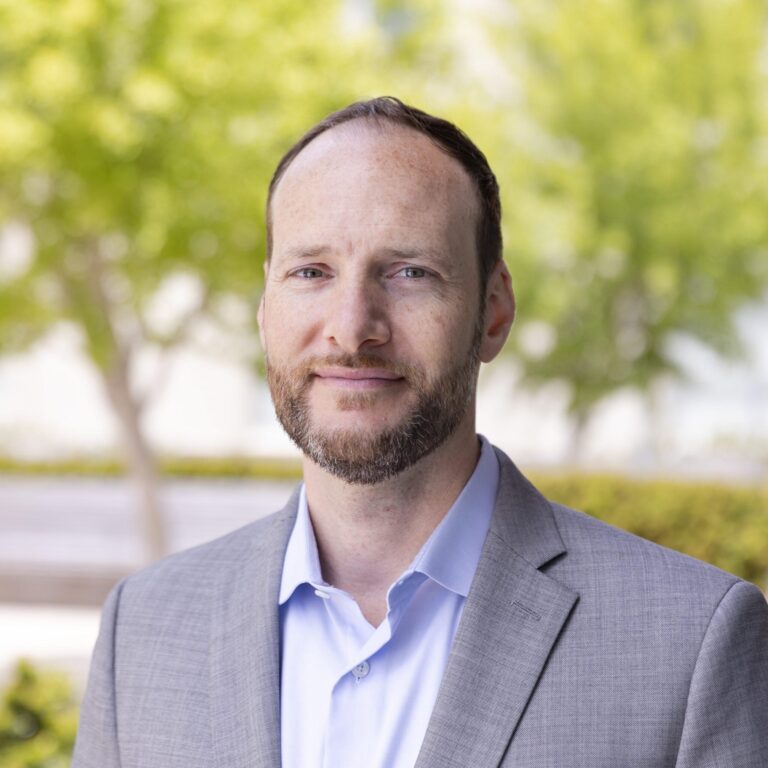Chesa BoudinŌĆÖs tenure as San FranciscoŌĆÖs district attorney was marked by ambitious efforts to overhaul the cityŌĆÖs criminal justice system, championing progressive reforms aimed at reducing incarceration and addressing systemic inequalities. Yet, less than four years into his term, Boudin was ousted by a recall election in June 2022, raising urgent questions about where his approach faltered amid mounting public concern over rising crime rates. This article examines the pivotal factors that led to the downfall of San FranciscoŌĆÖs first new progressive DA in decades, exploring the political, social, and practical challenges at the heart of his tenure.
Chesa Boudin’s Reform Agenda Faces Growing Backlash from Law Enforcement and Communities
Chesa BoudinŌĆÖs ambitious plan to overhaul the criminal justice system in San Francisco faced mounting opposition from both law enforcement officials and local communities. His focus on reducing incarceration rates and halting cash bail was praised initially by progressive circles but soon sparked criticism over rising crime rates and public safety concerns. Police unions argued that his policies hindered effective law enforcement, pointing to a backlog of unsolved cases and increasing recidivism as evidence. Residents complained that repeat offenders were being released too quickly, eroding trust in the justice system.
Key elements of BoudinŌĆÖs reform agenda that triggered backlash included:
- Decline in felony prosecutions: Critics said this led to fewer deterrents for serious crimes.
- Limitations on pretrial detention: Resulted in high-profile cases where accused persons were released prior to trial.
- Shifts in sentencing guidelines: Aimed at reducing incarceration but perceived as too lenient by many.
| Policy | SupportersŌĆÖ View | OpponentsŌĆÖ View |
|---|---|---|
| Elimination of Cash Bail | Promotes equity and prevents poor defendants from unjust detention | Leads to riskier releases and reduced accountability |
| Reduced Sentencing for Non-Violent Crimes | Aims to cut incarceration and focus on rehabilitation | Perceived as undermining public safety |
| Emphasis on Diversion Programs | Addresses root causes like addiction and mental health | Seen as insufficient punishment and loopholes for offenders |
Challenges in Balancing Progressive Policies with Public Safety Expectations
Chesa BoudinŌĆÖs tenure highlighted the razor-thin line that progressive district attorneys must navigate between reforming the justice system and addressing community concerns over crime. While his initiatives aimed to reduce incarceration and emphasize rehabilitation, critics argued that these policies occasionally came at the expense of public safety, leading to growing unease. The frustration was particularly palpable in neighborhoods experiencing spikes in petty crime and recidivism, where calls for a more traditional approach to law enforcement began to overshadow reformist rhetoric.
Key challenges that emerged included:
- Balancing leniency and accountability: Efforts to avoid harsh sentencing sometimes resulted in repeat offenses, undermining public trust.
- Communication gaps: Many residents felt unheard or marginalized as reforms were implemented too swiftly, without adequate community dialogue.
- Political polarization: BoudinŌĆÖs progressive platform clashed with more conservative perspectives within San Francisco, creating a fraught political atmosphere.
| Policy Aspect | Intended Outcome | Public Reaction |
|---|---|---|
| Reduced Cash Bail | Prevent undue incarceration of low-income defendants | Concerns over increased flight risk |
| Declining Prosecution of Low-level Crimes | Focus resources on serious offenses | Perceived rise in nuisance crimes |
| Emphasis on Rehabilitation | Lower recidivism rates | Mixed results, with some repeat offenders |
Key Missteps in Communication and Political Strategy That Undermined BoudinŌĆÖs Support
Chesa BoudinŌĆÖs downfall can largely be attributed to a series of communication blunders that alienated key segments of San FranciscoŌĆÖs electorate. Despite spearheading ambitious reforms, his messaging often failed to resonate beyond progressive circles. By relying heavily on jargon and ideology, Boudin missed the opportunity to connect with moderate voters fearful of rising crime and decreasing public safety. Moreover, his officeŌĆÖs perceived lack of transparency regarding case outcomes and public safety metrics generated frustration and skepticism among residents and local media alike.
Politically, BoudinŌĆÖs strategy underestimated the importance of coalition-building and grassroots engagement in a city defined by diverse voices and priorities. Several critical errors stood out:
- Ignoring moderate constituents: A stark focus on progressive policies without addressing crime concerns alienated swing voters.
- Failure to adapt messaging: Resistance to recalibrating communication in response to public backlash created an impression of intransigence.
- Overreliance on national progressive figures: While endorsements elevated profile, they failed to sway the immediate community.
- Neglecting union and police communication: This widened tensions and limited chances for political compromise.
| Misstep | Impact |
|---|---|
| Insufficient crime data transparency | Fuelled public distrust |
| Overuse of legal jargon | Creates voter disconnect |
| Polarizing political alliances | Restricted appeal beyond progressives |
| Lack of community-focused outreach | Lowered grassroots momentum |
Recommendations for Progressive Prosecutors Navigating Tough Political Landscapes
Progressive prosecutors aiming to implement reformist policies must carefully balance idealism with pragmatic political strategy. Rather than pushing reforms too rapidly or without broad community engagement, they should prioritize building coalitions that include law enforcement, victims’ groups, and civic leaders. Transparency in decision-making paired with consistent communication can help mitigate misunderstandings and fears often exploited by political opponents. ItŌĆÖs crucial to emphasize data-driven results and public safety improvements to cultivate wider support.
Additionally, progressive prosecutors should adopt a flexible yet principled approach, recognizing when to stand firm on values and when to adapt tactics in response to public sentiment or emerging challenges. Strategies such as:
- Regular town halls and community forums to foster dialogue and trust
- Collaborating with local media to accurately portray successes and challenges
- Implementing incremental reforms to showcase tangible benefits over time
- Establishing a clear, transparent vision to counteract political attacks
can collectively support the sustainability of reform-oriented leadership amidst a tumultuous political environment.
To Conclude
Chesa BoudinŌĆÖs tenure as San FranciscoŌĆÖs district attorney serves as a cautionary tale about the complexities and challenges of implementing progressive reforms in a politically charged environment. Despite his initial promise and grassroots support, mounting criticism over rising crime rates and internal controversies ultimately undermined his position. The recall vote that removed Boudin from office marks a significant moment in CaliforniaŌĆÖs criminal justice landscape, highlighting the ongoing debate over public safety, accountability, and reform. As the city looks ahead, the legacy of BoudinŌĆÖs administration will continue to provoke reflection on the balance between progressive ideals and pragmatic governance.




